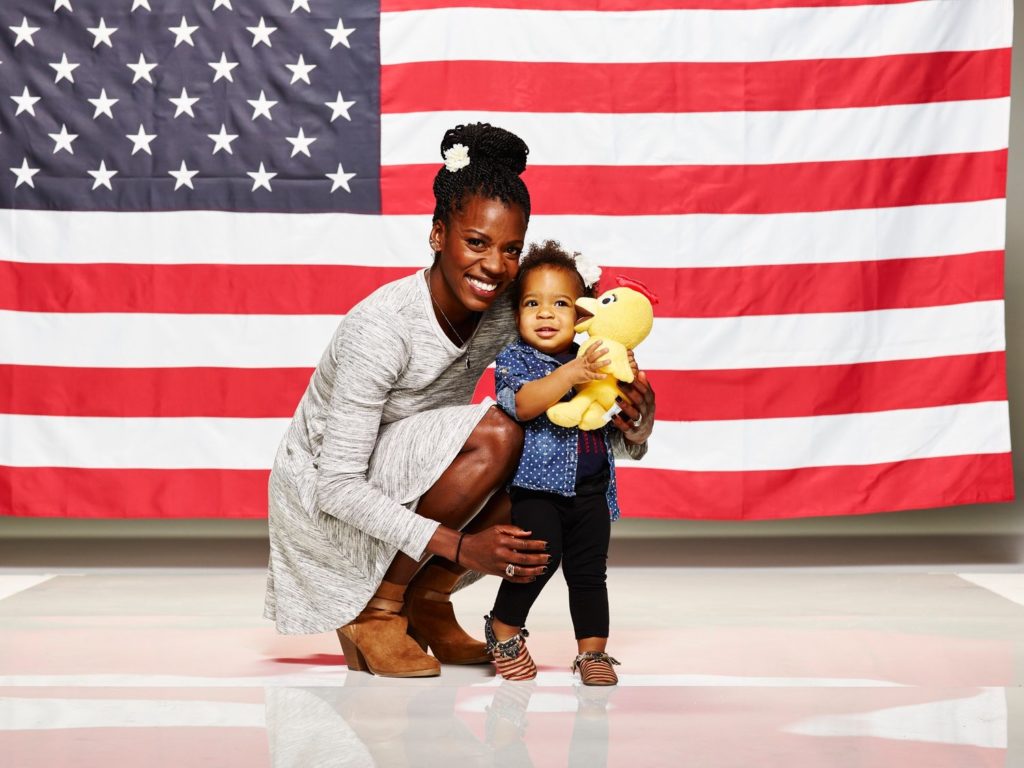Sponsorship in Athletics: Something Needs To Shift
|
This New York Times op-ed (and video), written and produced by Lindsay Crouse, was published on May 12. It ripped Nike for not guaranteeing female athletes a salary during pregnancy and early maternity despite advertising campaigns that spotlight “women at all stages of their careers, from childhood to motherhood.”
The piece, which prominently features Olympians Alysia Montaño and Kara Goucher, explains that women have had sponsorship payments reduced because of pregnancies and that there is language in current Nike athlete contracts that says the brand can reduce pay “for any reason” if an athlete doesn’t meet a specific performance threshold.
I’m glad to see one of athletics’ dirtiest secrets aired out. Unfortunately, it’s part of a MUCH bigger industry-wide issue—it’s not just a Nike problem or a pregnant female athlete problem. As the article mentions, athletes are not employees of the brands they represent and most don’t receive health insurance or benefits from their sponsors. They’re independent contractors and are often taken advantage of because there aren’t laws in place to protect them. The industry needs to shift the paradigm and Nike, as its biggest brand, has the power to lead the charge.
Most active athletes won’t willingly talk about the injustices imposed on them, otherwise they risk being able to make a living in a sport where the opportunities to do so are limited in the first place. They sign NDAs preventing them from talking about the details of their sponsorship arrangement, which is why you don’t see athletes mentioning their salaries, bonuses, etc., in articles and interviews, or even discussing these things amongst each other in private. They’re essentially under a gag order, and many athletes end up taking what they can get from a company because the pickings are slim, which benefits a select few while hurting the sport as a whole. Sure, having a good agent who knows the ropes can help when it comes time to negotiate a deal, but not every athlete can afford to have an agent and not all agents are looking out for their athletes’ best interests.
As one athlete (who shall remain nameless) wrote me a while back, “I don’t have insurance. People are often surprised at that, figuring our sponsors would want to give us the resources to take the best care of our physical and mental needs. Unfortunately that’s not the case. We aren’t in a position to be able to speak out about it, lest we cast our sponsors in a negative light and adversely affect out opportunities to make a living in the sport. If we can’t talk about it, who will? … Probably something I’ll become more vocal about after my career is over.”
There’s long been a culture of fear in athletics that has paralyzed the sport in various ways, preventing many athletes from advocating for themselves and making a living while continually benefitting key stakeholders who sign the checks, call the shots, and take all the credit. The lack of transparency—and equality—on the business side of the sport is infuriating and it needs to change. Is the solution to make sponsored athletes employees of the companies they represent and give them all health insurance and other benefits the solution? Probably not, if we’re being honest and realistic, but clearly something needs to shift and making sure women aren’t being docked for getting pregnant is as important a place as any to kickstart a movement.
So here’s a call—not just to Nike, but any brand that’s involved in supporting the sport—for more equality, transparency, and overall decency in how professional track athletes are treated and represented. To be fair, some brands are far better than others in this regard, and kudos to those companies for bucking some longterm trends, but by and large, far too many athletes are being exploited by the companies they represent without having a voice (or a right) to do anything about it. It’s an industry-wide problem that’s overdue for disruption.
And finally, to the athletes: Athletics is largely an individual sport but there’s strength in numbers. Find a way to come together and represent your collective interests, much like athletes in other sports have done. Keep the pressure on the people in power and hold them accountable for the way you’re treated. The future of the sport, and the future of the athletes following in your footsteps, depends on it.
+ The response to Crouse’s piece over the last week or so has been all over the place, from brands changing their policies and rewriting contracts to more coverage from major media outlets on the issue to the American record-holder in the marathon suggesting that athletes send their sponsors pink cookies in an effort to make them feel valued. It’s been really interesting to watch it all unfold. This will continue to make headlines, to be sure, but the immediate response served as a reminder of the power of journalism to bring attention to an issue and force change—it also exposed the shortcomings of Twitter as a platform for hosting meaningful dialogue.